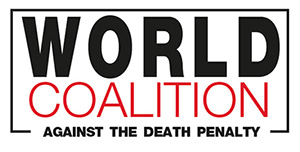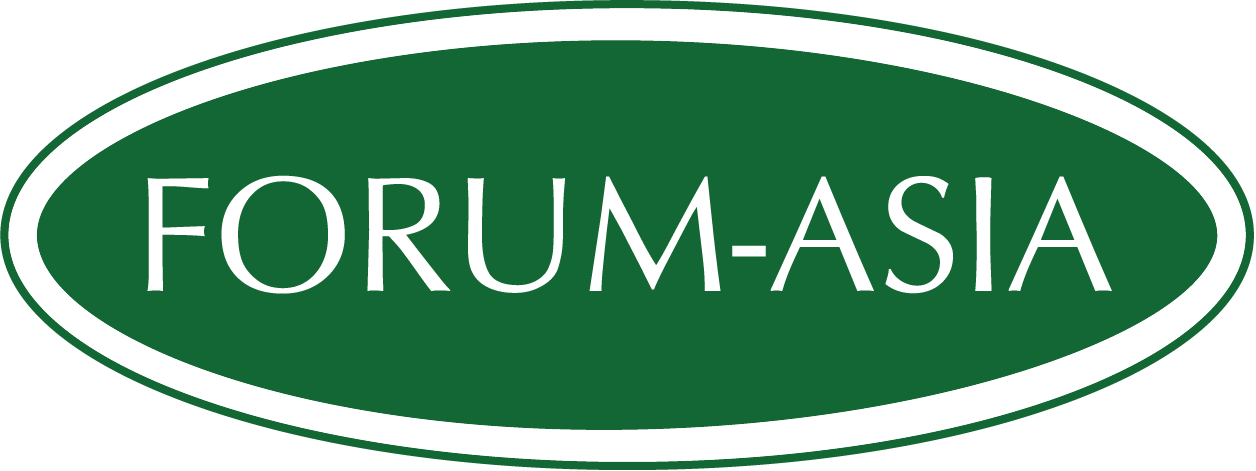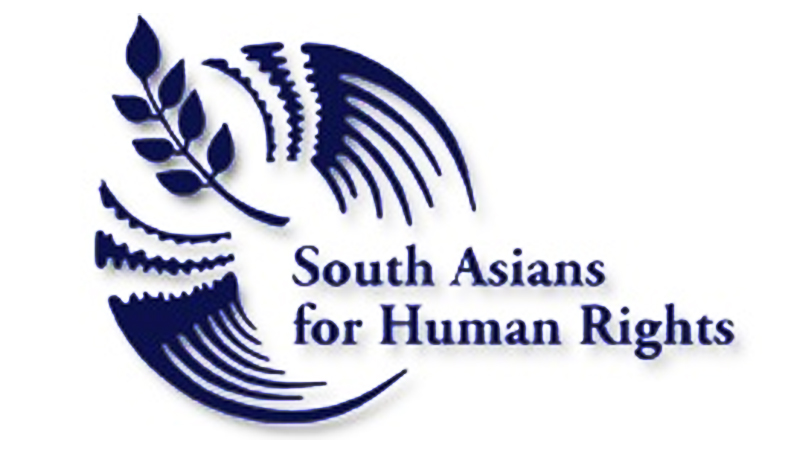Pakistan: EU must use upcoming dialogue to demand progress on human rights
FIDH – International Federation for Human Rights
and its member organization in Pakistan
Human Rights Commission of Pakistan (HRCP)
Joint press release
Lahore, Paris, 6 October 2017: The European Union (EU) must demand Pakistan make progress in addressing critical human rights issues, FIDH and its member organization Human Rights Commission of Pakistan (HRCP) said today. FIDH and HRCP made the call ahead of the 8th EU – Pakistan human rights dialogue, which will be held on 9 October 2017 in Brussels.
“Pakistan’s human rights record has markedly worsened in recent years. At the very least, the EU must press the Pakistani government to respect all of its obligations under international law during the upcoming human rights dialogue,” said FIDH President Dimitris Christopoulos.
Key issues of concern are detailed in a briefing paper jointly prepared by FIDH and its member organization, Human Rights Commission of Pakistan. They include: enforced disappearances; the death penalty; fair trial; freedom of expression and association; women’s rights; and child rights.
Pakistan had the highest number of reported enforced disappearances (694) worldwide from November 2012 to May 2017, yet there has been no successful prosecution of any member of the security forces for their alleged involvement in these cases. Pakistan has also remained among the world’s top executioners since 2015 and continues to impose the death penalty for crimes other than the ‘most serious crimes’, including blasphemy.
Trials of civilians by military and anti-terrorism courts fall short of Pakistan’s international human rights obligations. Both types of courts are known to try minors, regularly impose the death penalty, and admit evidence pursuant to confessions that are most likely coerced. The jurisdiction of military courts to try civilians accused of terrorism-related offences has been extended until 6 January 2019.
Freedom of expression is silenced through the harassment, arbitrary detention, torture, and enforced disappearance of voices critical of the government or Islam. The 2016 Prevention of Electronic Crimes Act is used to stifle freedom of expression online. Freedom of association has similarly come under attack, with NGOs being harassed and intimidated, shut down, and subjected to heavy taxation.
“The rise in enforced disappearances, the ongoing use of the death penalty, the extension of the jurisdiction of military courts over civilians, and the use of new laws to silence dissent paint a bleak picture of the human rights situation in the country. The EU must demand significant progress from Pakistan in order to reverse these trends,” said HRCP Chair Mehdi Hasan.
In addition, women’s rights continue to be sidelined. Rape, honor killings, and domestic violence continue in relative impunity, while abortion remains criminalized. Children’s rights are similarly unaddressed. The minimum age of marriage for girls is 16 in most parts of the country, forced labor is prevalent, and child sexual abuse goes largely unpunished. In addition, millions of women are not afforded national identity cards and many children are not registered at birth, depriving them of legal recognition.
FIDH and HRCP call on the EU to ensure that the recommendations made in their joint briefing paper are fully implemented through the Pakistan-EU five-year Engagement Plan.
Press contacts
Category: English






